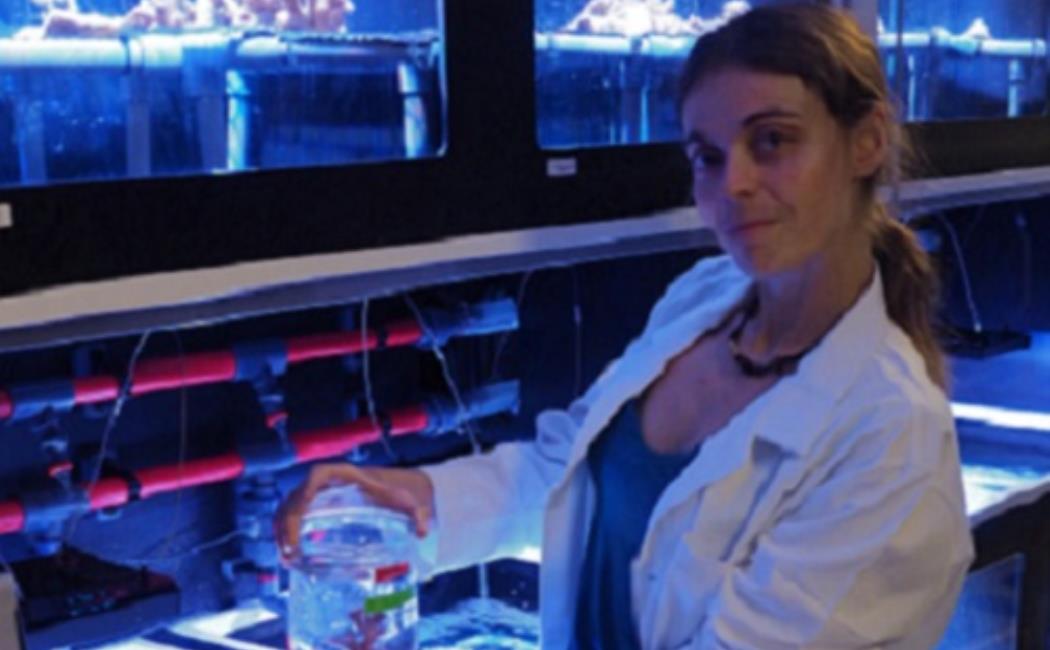
Fixing the role of nitrogen in coral bleaching
04 June, 2017
Excess nitrogen is shown to disrupt coral-algae symbiosis, triggering bleaching even in the absence of heat and light stress. With coral bleaching events intensifying as global sea temperatures rise, this is an important finding in the race to understand the mechanisms behind bleaching and ways to reduce the devastating impact on coral reefs.
“Corals are remarkably adapted to thrive in the sun-lit, nutrient-poor waters of tropical oceans, mainly thanks to their intimate relationship with microscopic algae,” said Claudia Pogoreutz of the Red Sea Research Center at KAUST. “In this relationship, corals regulate the algal growth and activity by limiting their access to nitrogen. This ‘blackmailing’ results in algae producing energy-rich sugars, through photosynthesis, for the coral animal.”
Click here to read the full story.
Image: Claudia Pogoreutz in the KAUST Coastal and Marine Resources Core Lab; the team’s experiments show that corals suffer bleaching after spending time in a sugar-enriched environment even without the influence of heat or light stress.
© 2017 Christian Voolstra